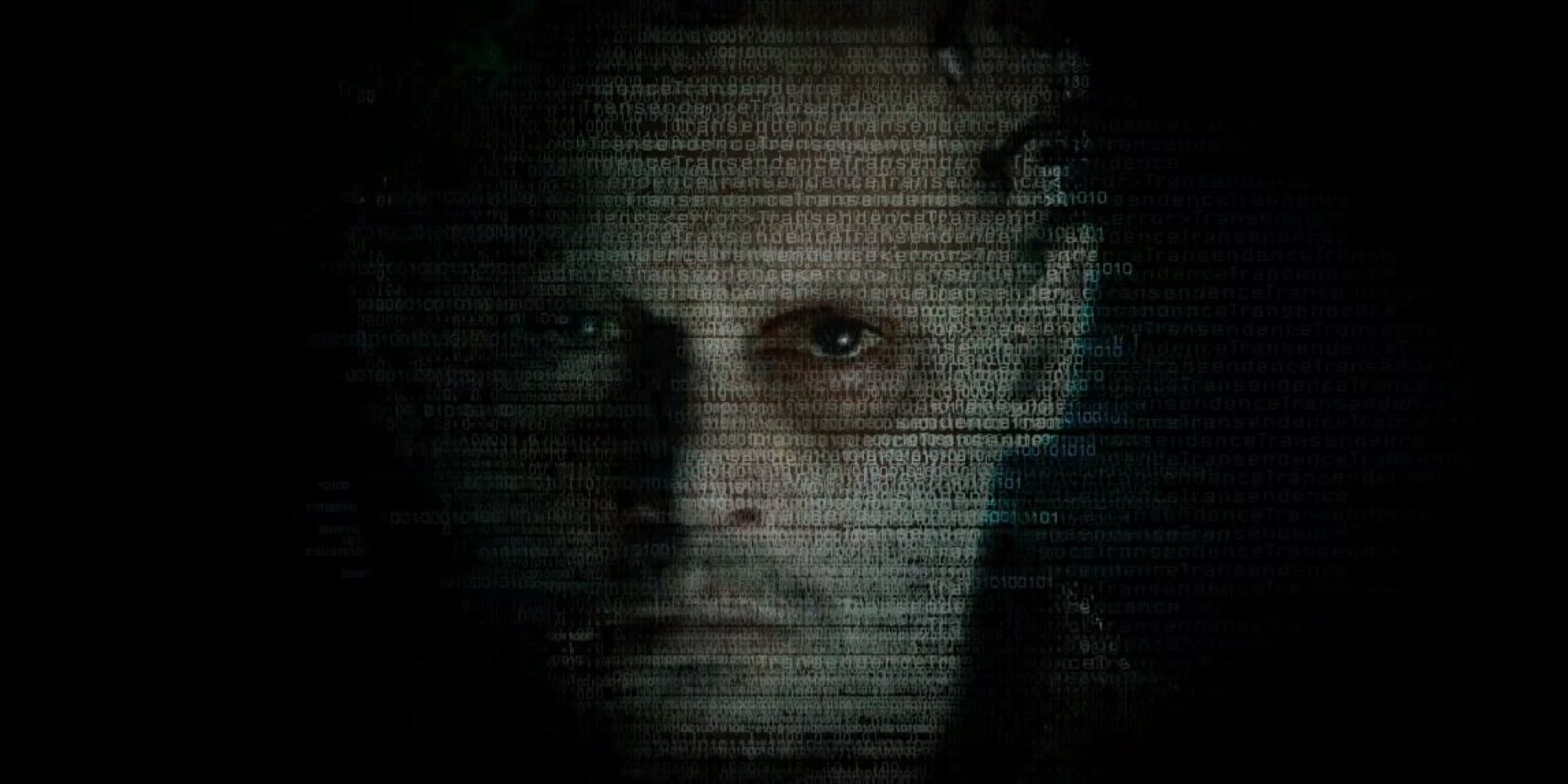What are the limits of the human body? What are the furthest regions which we can broach, pushing our mental and physical capacities to their very limits? We’re all human here, we all have the same potential and yet, only some of us are capable of reaching the highest heights of the (almost) impossible. While the rest of us wait for some scientific or pharmaceutical development to come about, we can taste the potential of the human being through cinema.
Recent science fiction films have veered somewhat off course, taking their attention away from the mechanical and the alien and focusing very much on the lumpy, fallible human. Technological advances are moving at breakneck speed and let’s face it, it’s hard to keep ahead of new changes happening in the world around us.
Whilst humans have developed the technology, it now seems as if technology is perpetuating its own progression, using the human scientists and engineers behind its supposed ‘inception’ as a minor nudge into the future. Human beings have been left behind.
Perhaps all is not it seems. Behind the sweeps that technology has been making towards an apparently non-human future, the creaking, bumbling human has been making some moderations of its own. Cinematically speaking, that is. It seems as if we are aware of the future we have single-handedly written ourselves out of.
By basing our lives around technology, we have potentially created a force that will become more intelligent than us, that will be able to move in ways imperceptible and incomprehensible to us. In recent cinema, there has been a new science-fiction trend: The sci-fi human. Whilst humans have been at the heart of science-fiction narratives since the genre began, they were done so as discoverers, or as unwitting victims of a stronger, alien figure. Now, however, humans have become the force to be reckoned with.
We’ve had the superhero genre. Infected with a mutant virus, blasted with radioactivity or some other mysterious poison, human bodies have been transformed and mutated, changed into something other than they are. Within the superhero, the human being inhabits another form; it becomes non-human.
Recent films like Lucy (Luc Besson, 2014) and Transcendence (Wally Pfister, 2014), however, have taken the science fiction human character and turned it on its head. Rather than taking on qualities of another, superior body, it is the capabilities of the human being itself which has been the focus of these films.
Human consciousness has been likened to a machine in both Lucy and Transcendence. Whilst we witness the ‘computerisation’ of the human brain in Lucy as its protagonist sees the percentage of her brain’s capabilities steadily increase, we we witness the very opposite in Transcendence as an uploaded consciousness turns a computer back into a human being.
Whereas both follow seemingly divergent plot lines, their central ideas are very much the same; humans are computers in living form.Or rather, computers are humans in mechanical form. If films such as these have taught us anything about recent times and our rapid advance into the future, it is that we are still living very much within a human age. Whilst the things which dictate large parts of our lives are technologically manufactured, they have been done so by the minds of humans.
The world moves at a pace which is impossible to track. The world in which we live has become the stuff of cinema; whilst the flying machines of Ridley Scott’s Blade Runner (1982) may seem laughable to us as visions of the future, the truth is that we live in a world not terribly dissimilar from science-fiction fantasies. Whilst machines and robots were the thing of dated sci-fi cinema, we have now come to realise that the human mind is rather more interesting itself and perhaps, more impossibly complicated. We live in a machine age. Yet, human minds are expanding at an equally fast pace, increasing their capacity for understanding and development.
If recent cinema is anything to go by, then it seems that computers are perhaps not foreign bodies which may take over our world. They are human, just wired a little differently.

